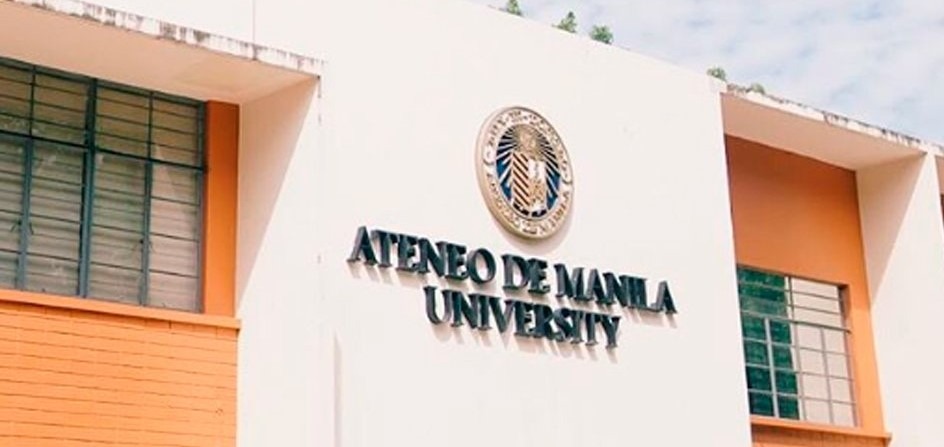By Leslie G. Lee
When I started my senior year in high school, I smugly thought I had my life all mapped out. I was now at the top of the so-called food chain; I had been promoted to editor-in-chief of our school paper from my previous post as features editor; and, like my older sister before me, I planned to study in De La Salle University, majoring in LIA-COM, a fusion of Liberal Arts and Business degrees.
But as usual, life threw me in for a spin when it was time for the college entrance exams.
I was not expecting to be accepted by the Ateneo. Never. At all. My mind was so set on DLSU that it didn’t occur to me that I actually had a fighting chance for a spot in that prestigious university. When I got my admission letters from the two universities, my parents and I had a huge row. I was adamant about La Salle: almost all my friends would be going there, it was only an hour away from home, I’d be receiving a partial scholarship for English, I’d be graduating with a double degree of sorts, et cetera ad infinitum. But my parents were equally firm about the Ateneo—especially my dad, the entrepreneur who wasn’t able to obtain a college degree and wanted his second daughter, his second child, to attend a university that offered a “higher” quality of education.
It took about a month and plenty of parental bribes before I finally caved in and was reluctantly chaperoned and dragged off to pay my confirmation fee at the Ateneo de Manila University.
Now I wonder why I had been so against the idea in the first place.
It’s been more than a decade since I became an Atenean alumni, and it never fails to amaze and astound me each time I remember how much I’d thrived—not just survived—in those four years.
In Ateneo, I was plucked out of my Chinese comfort zone, learned to interact and adapt to true-blue Pinoys, and was exposed to other Filipino traditions. I learned how to drop my Chinese accent, talk Tagalog properly, and speak better English. I was introduced to fascinating topics such as the Holocaust, subjects like Philosophy and Film Theory, and the “science” of deciphering the Bible. I grew to appreciate fabulous short stories such as “The Lottery” and “Beheading of the Heads” and film classics such as Rear Window and Il Postino. And I don’t know if this will seem superficial and shallow to others, but I appreciate the image and reputation that the Ateneo has established, as they have given me access to respectable companies here and abroad.
To continue my litany of praises (and bragging rights) for being an Atenean would take far too much time and space, so let me just say that I will forever be grateful for being “coerced” to study in Ateneo. I love and am proud of being a product of the Ateneo.
Because, you see, I don’t think of education or studying as merely something you do by the book—it’s a way of life. With the right kind of education, you’re taught to deal with people from all walks of life. You study subjects and explore topics that trigger your brain synapses. You discover how you are as a person, your working style and ethics (based on group projects), and how to navigate your way once you’ve left the confines of school and entered the real world.
Good education prepares you for these things, and being a good—if not excellent—student brings you good karma, so to speak. Isn’t it any wonder that almost all companies require a copy of one’s TOR (Transcript of Records) for each application?
Featured Photo Courtesy of ABS-CBN News

